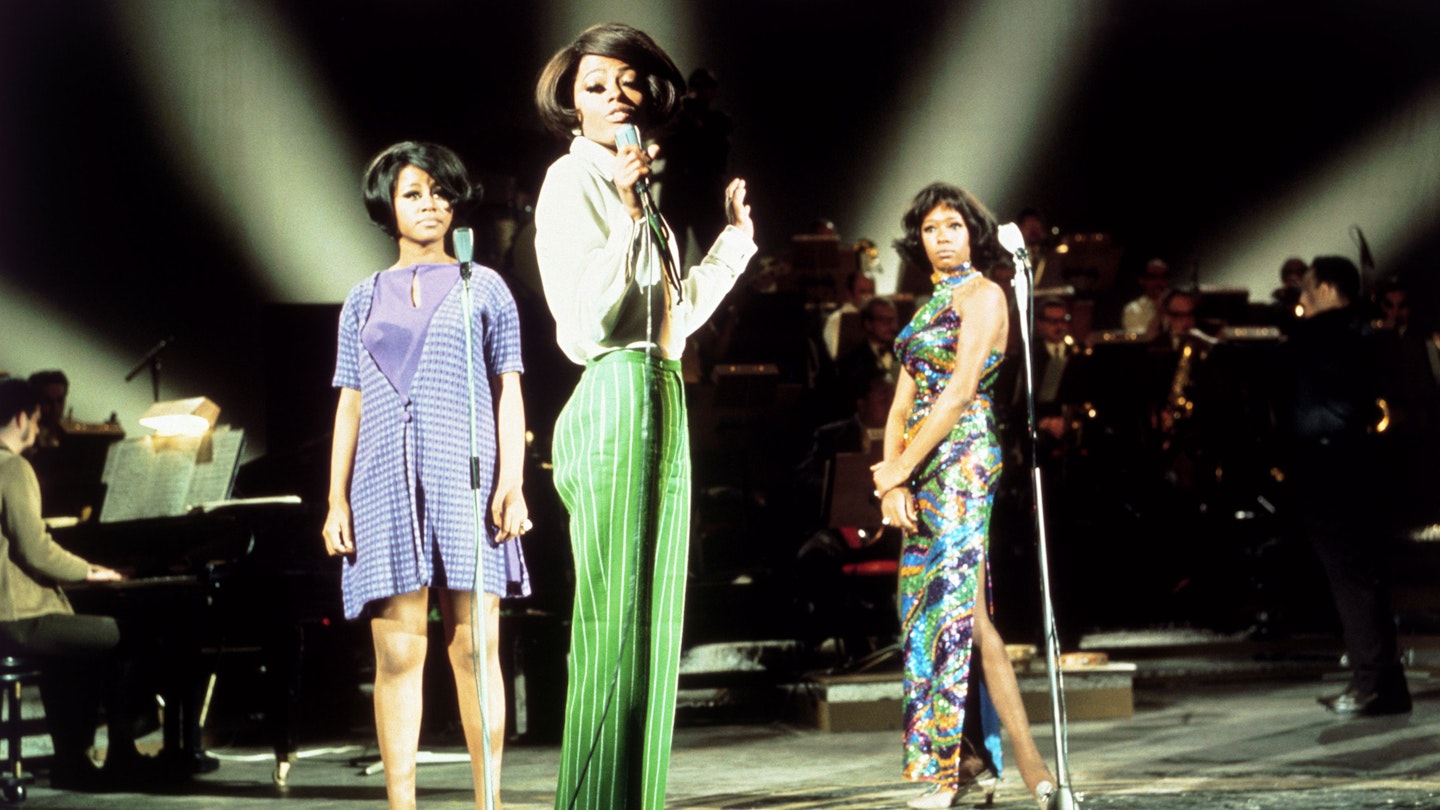If there’s a sound that can’t help but transport us back to the Sixties and Seventies, grabbing our miniskirts and beehive hairdos as we go, it has to be Motown. Whether we’re hearing it through the grapevine or stopping in the name of love, it’s a sound that takes us back to a time of huge change, not just for music but for our whole way of life.
Black History Month runs throughout October and celebrates the outstanding contributions people of African and Caribbean descent have made to society
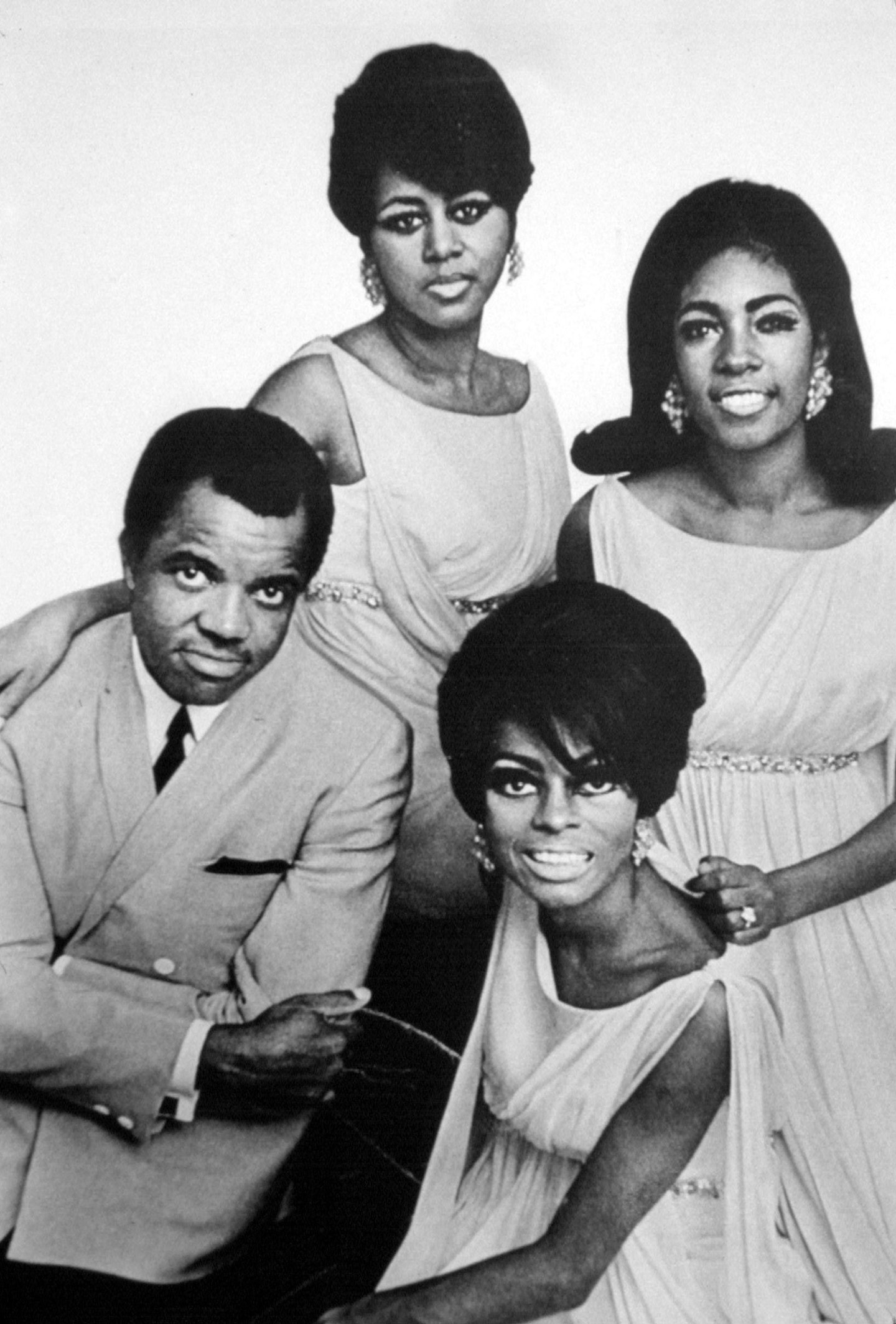
The history of Motown
Funny to think then that this universal Motown movement could all come from just one man.
Berry Gordy Jr was a high-school drop-out with a stalled boxing career and a failed jazz record shop. He was working for the Ford Motor Company when the songs he loved to write in his spare time were picked up by Decca records.
Disappointed that he earned just over $3 royalties from songs such as Reet Petite and Lonely Teardrops that were big hits for the singer Jackie Wilson, Berry, on his friend Smokey Robinson’s advice, decided to set up a record label of his own.
So in 1959, armed with an $800 loan from his dad, Berry bought a modest house in Detroit and converted the garage into a record studio. He placed a sign in the window that read ‘Hitsville USA’ and made it his mission to make stars out of ordinary people who would go on to make hit after hit for the label he called Motown.
The name Motown was a blend of motor and town – and he modelled the label on the fast-paced assembly line of the Ford car factory he’d worked at: make a good product, then make something similar and make it quick.
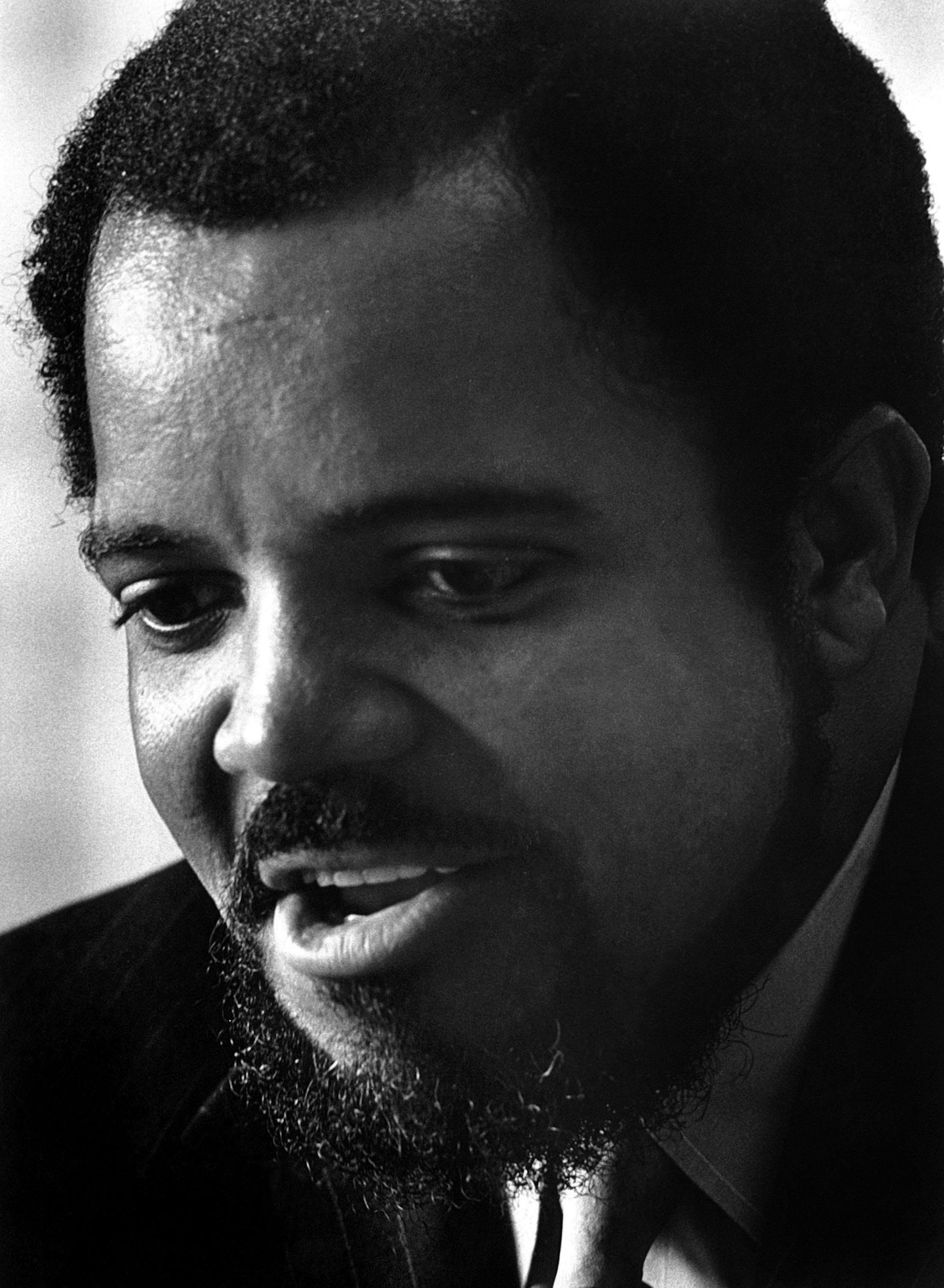
He also ‘quality controlled’ every part of the music-making process himself from the in-house song writing to marketing and musical direction. For driven, tenacious and talented Berry, this was not just a passion but a serious business and he soon attracted an impressive roster of mainly black artists from Mary Wells to Martha and the Vandellas, the Four Tops to The Jackson 5, all of whom Berry described as a kind of Motown family.
In no time, there was an unmistakable Motown sound and it was unlike anything ever heard before. Glorious melodies, punchy rhythms, driving basslines, Gospel-like backing vocals with an improvised be-bop jazz, the songs were designed to sound great on tinny car radios and little transistors squirreled under teenagers’ pillows.
Throughout the Sixties the hits came non-stop and Motown became the pride of black America.
What was most remarkable was that Motown helped bring people together at the height of the Civil Rights movement as African-Americans fought for equality. Before Motown black artists were unable to get air-time on radio stations, but the arrival of the Motown label meant black artists were heard for the first time playing on white radio stations. The music began to break down barriers, while in the clubs, the ropes separating white from blacks were torn down as everyone danced to the same music. It was a sea change, which helped cast aside long-held barriers as black artists were able to earn their own money as well as universal respect. As Smokey Robinson once said, “We were not only making music, we were making history.”
Sadly in 1967, things started to turn sour at Motown HQ. Berry’s A-team of staff kept falling out while Berry looked west towards Los Angeles to move the label where there would be opportunities to make Motown a film company. This kicked off with getting his golden girl, Diana Ross, on the big screen.
But still many thought the changes might perhaps be the end of the golden Motown era of music until Marvin Gaye’s 1971 album What’s Going On set Motown back on track, followed in later years by releases from Stevie Wonder and Lionel Richie.
By the mid-Eighties, though, Motown was losing money and in 1988, Berry sold it to what is now part of the Universal Music Group. But they still keep Motown music alive today, representing the sound of young America.
Meanwhile, classic Motown continues to be remembered and loved the world over, from the Obamas’ star-studded Motown-themed White House Ball of 2011 to the recent hit show Motown the Musical.
Did you know? Motown achieved more than 180 No 1 hit songs worldwide and counting
The best Motown songs of all time
1. The Marvelettes - Please Mr. Postman (1961)
2. Marvin Gaye - Lets get it on (1973)
3. Martha Reeves & the Vandellas - Dancing in the Street (1964)
4. The Temptations - My Girl
5. The Supremes - Stop! In The Name Of Love
6. Four Tops - Reach Out (I'll Be There) 1967
7. Ain't No Mountain High Enough - Marvin Gaye & Tammi Terrell 1967
8. Dionne Warwick I Say A Little Prayer 1967
9. Stevie Wonder - Superstition 1972
10. Aretha Franklin - Respect 1967
The greatest Motown artists of all time
There were so many great artists that made Motown the incredible movement that it was, but here’s a few of our favourites.
The Supremes
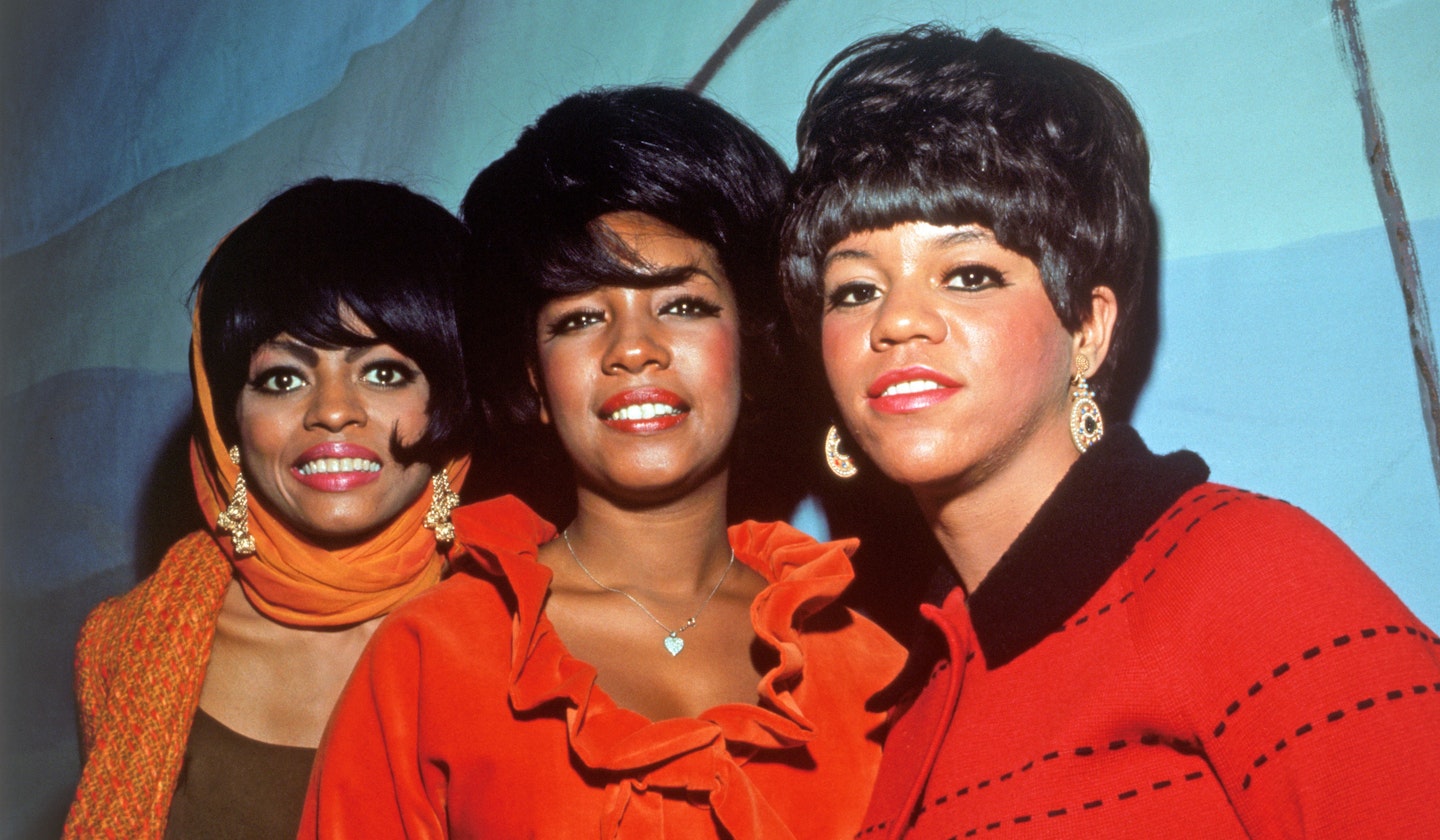
Songs such as Baby Love, The Happening and You Keep Me Hangin’ On propelled this glamorous trio of singers to heady heights. Led by Diana Ross, Motown founder Berry Gordy fell for her voice and her charms and they fell into a six-year relationship, having a daughter, Rhonda.
The Temptations
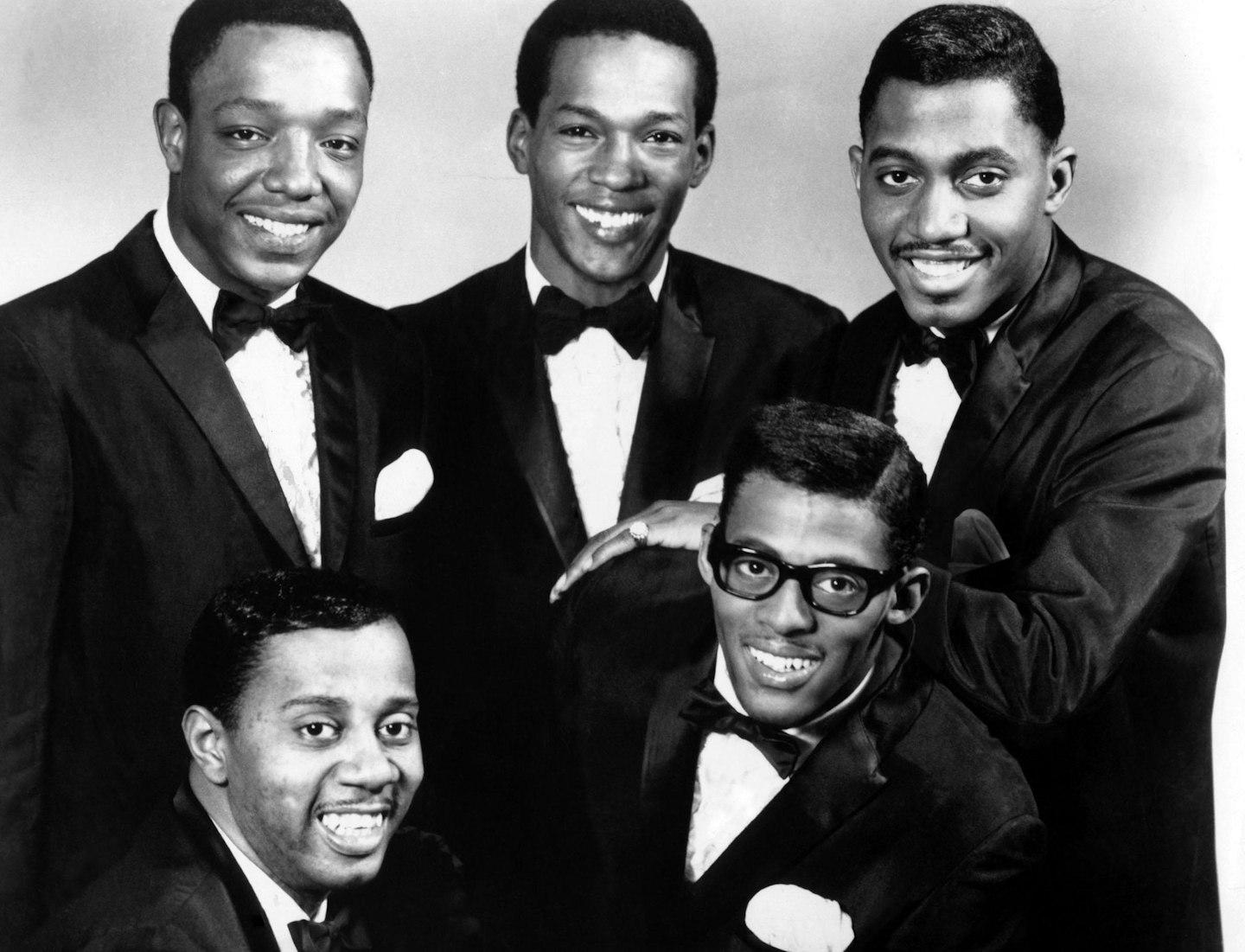
True princes of soul and our sunshine on a cloudy day, their unique blend of voices and razor-sharp choreography made The Temptations an instant Motown hit. With songs such as My Girl and Ain’t Too Proud to Beg, it’s no wonder they have 15 No 1 singles and 17 No 1 albums to their names.
Stevie Wonder
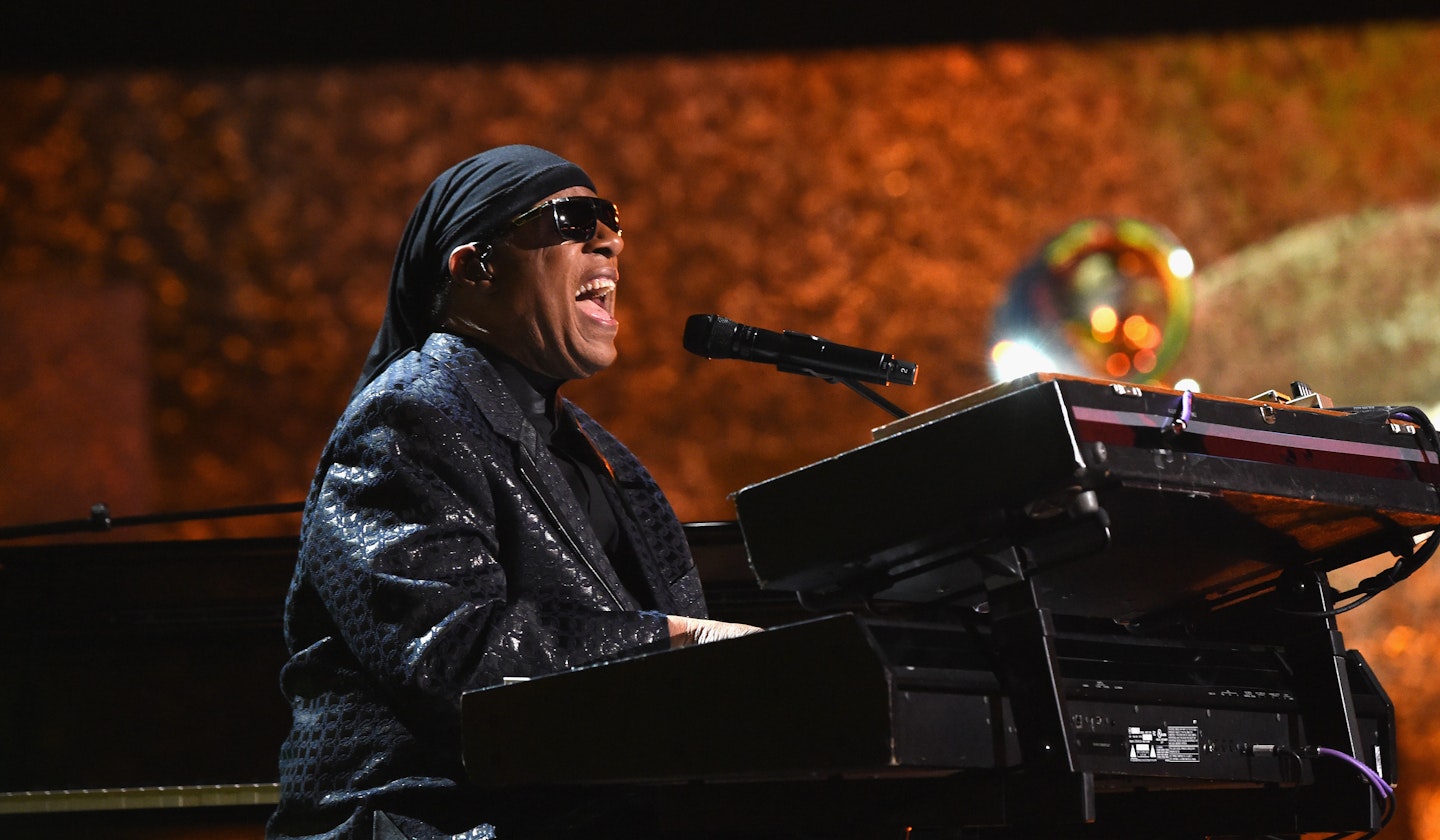
Stevie was just 11 years old when he was discovered by Ronnie White of the Motown band The Miracles and was asked to audition for Berry Gordy who didn’t hesitate to sign him up for a record deal. From Uptight (Everything’s Alright) to My Cherie Amour, Signed, Sealed, Delivered to Superstition, his songs in many ways changed the world and he continued performing and recording for Motown right into the 2010s.
Marvin Gaye
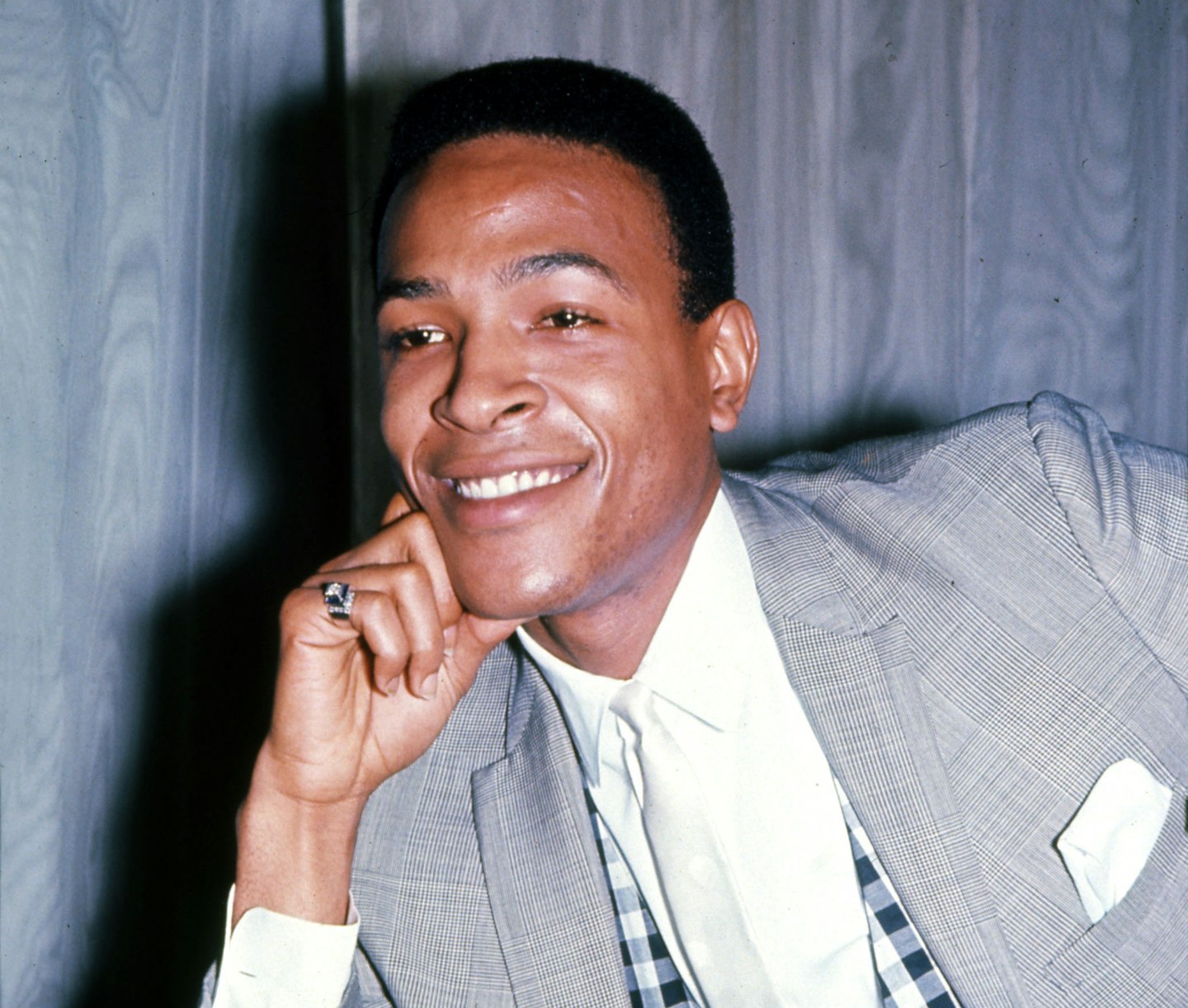
Often named the 'Prince of Motown', Marvin has left a legacy of timeless hits including the famous 'I Heard It Through The Grapevine' and his iconic album, 'What's going on'. As a young man, Marvin formed the vocal quartet, the Marquees and added an “e” to his surname before going solo in 1960.
Aretha Franklin
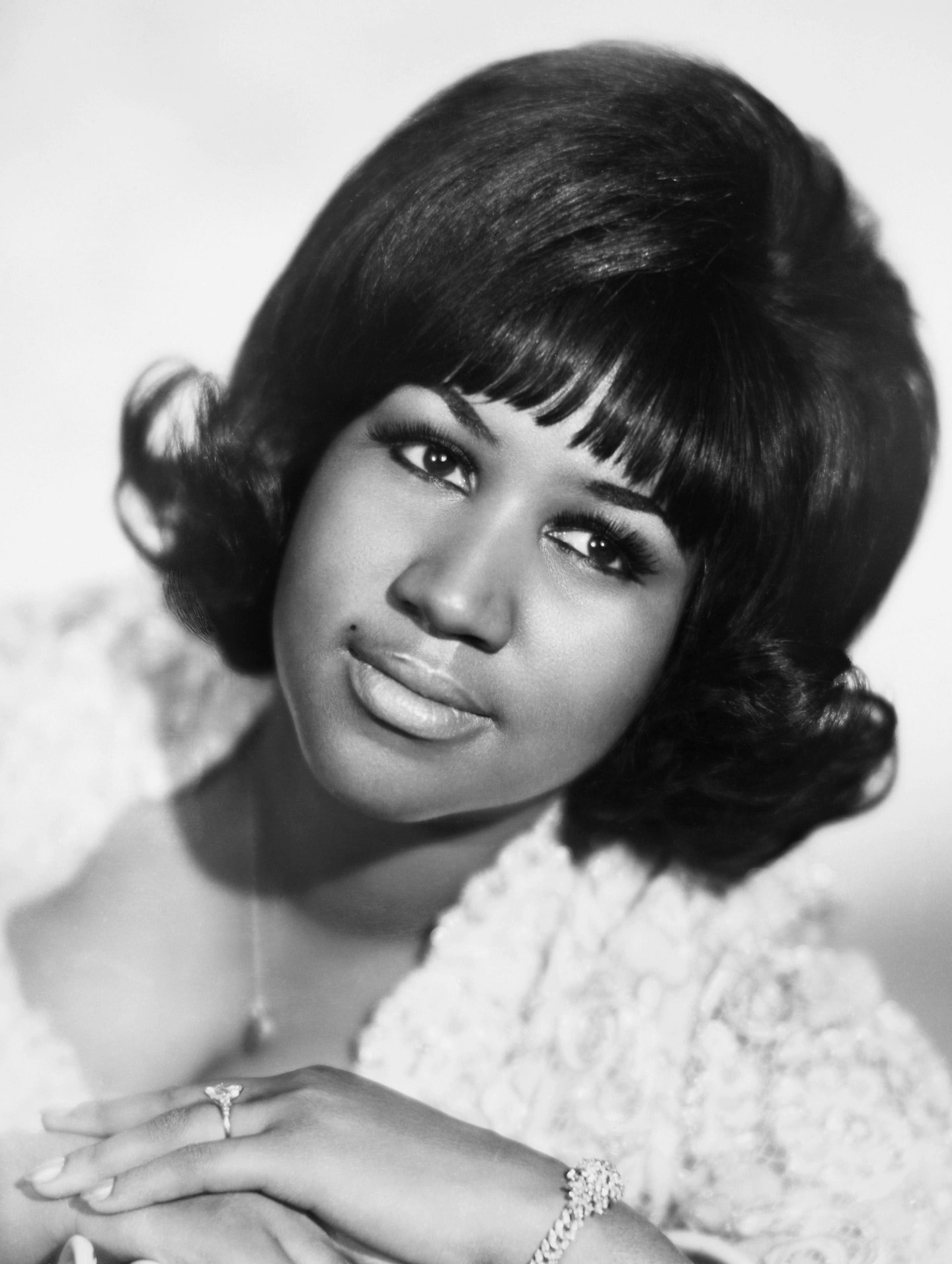
The Queen of Soul has brought us endless hits including 'I Never Loved a Man (The Way I Love You)', 'Respect', '(You Make Me Feel Like) A Natural Woman', 'Chain of Fools', 'Think', and 'I Say a Little Prayer', just to name a few. During her sparkling career which spanned over six decades, Aretha became one of the best-selling artists of all time, selling over 75 million records worldwide.
The Jackson 5
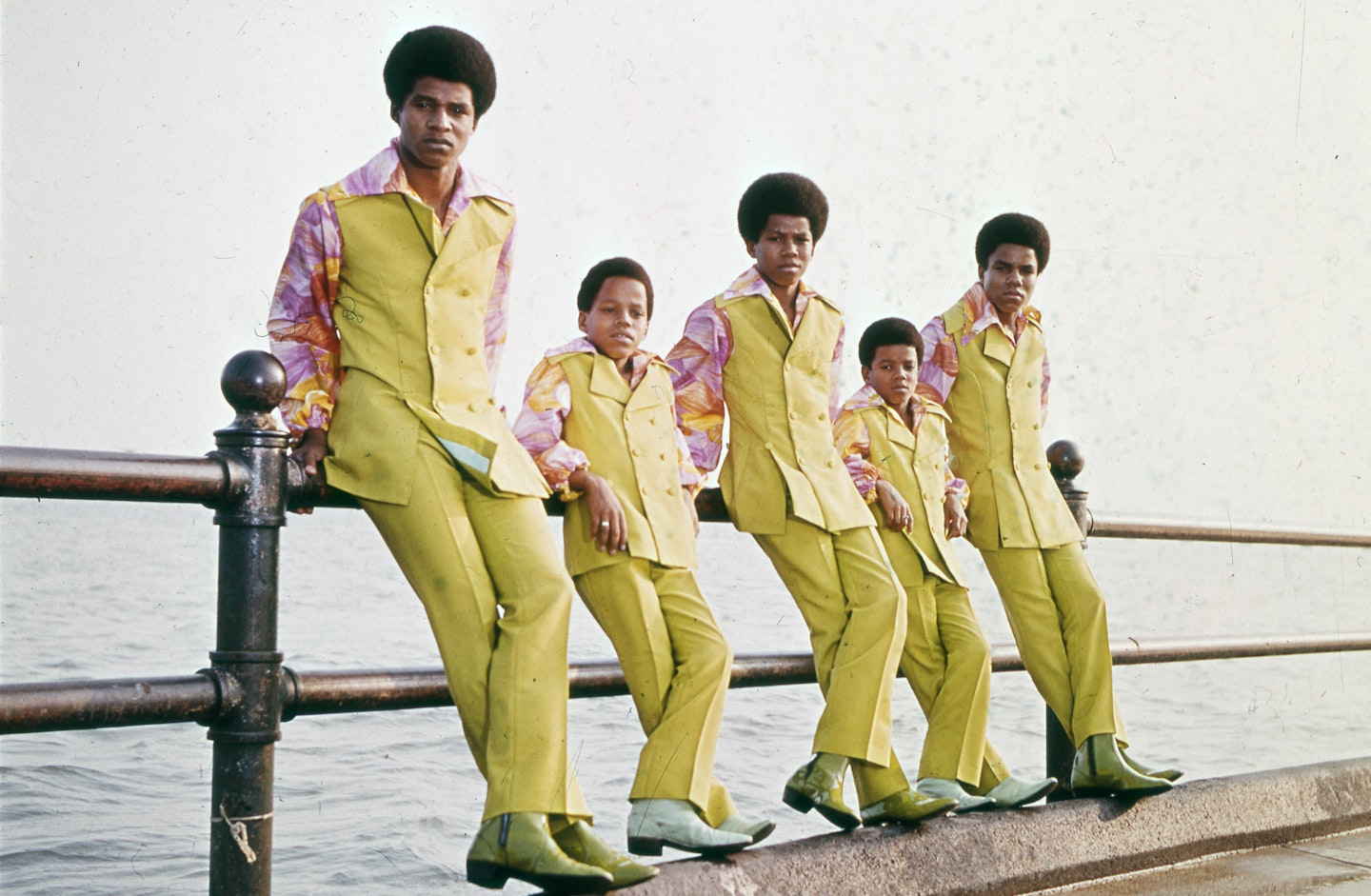
The famous brothers that later became known as 'The Jacksons' were made up of Jackie, Tito, Jermaine, Marlon and of course, Michael Jackson. From hits such as 'I Want You Back' and 'ABC', to 'The Love You Save', and 'I'll Be There', their sound is just as famous today as it was back in the 70s.
Ray Charles
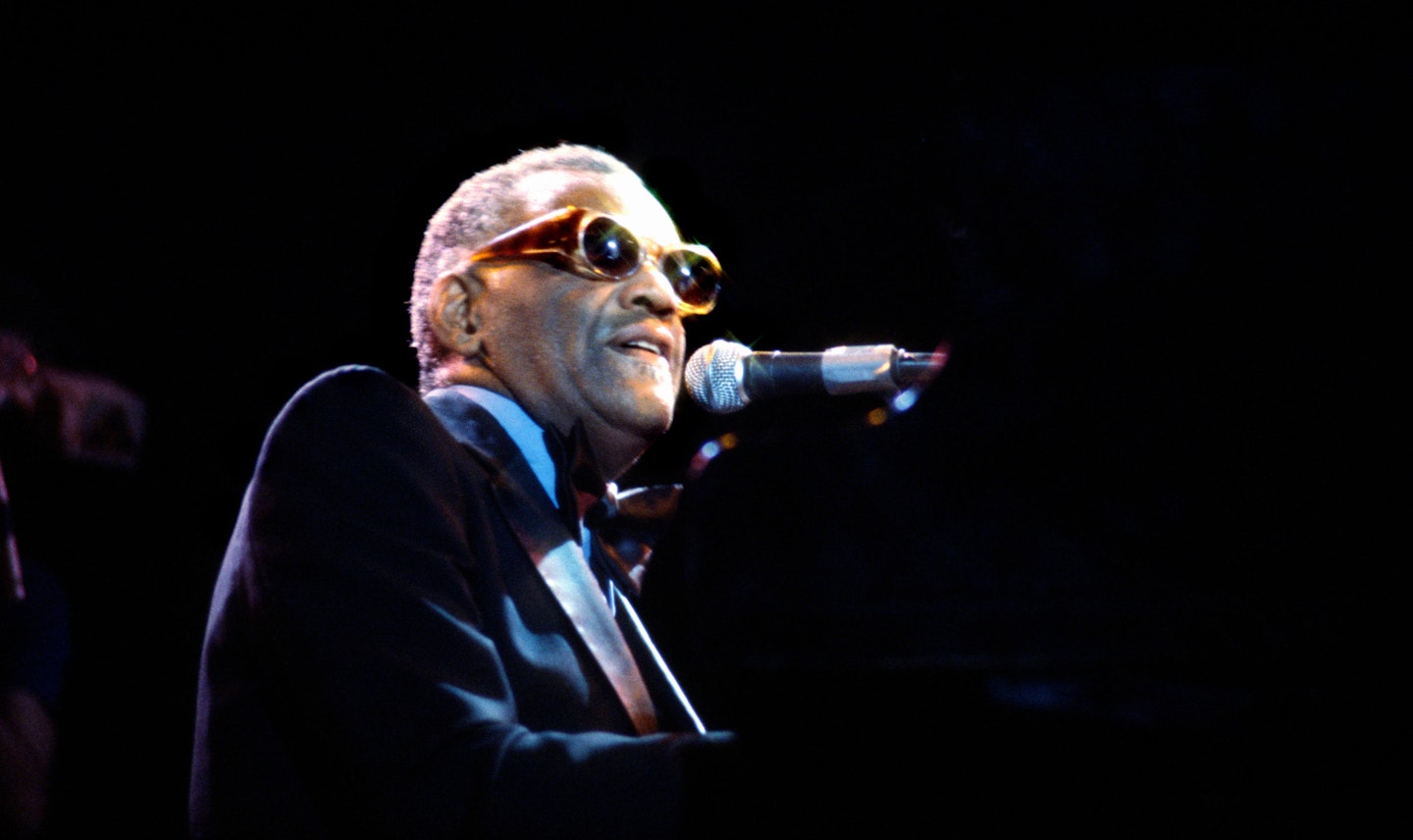
Often referred to by fans as 'The Genius', Ray Charles was blinded during childhood due to glaucoma, but that didn't stop him. His natural musical talent and love for combining blues, jazz, rhythm and blues, and gospel styles created his iconic sound, leading him to make his famous hits including 'I've Got a Woman', 'Hit The Road Jack' and 'Unchain my Heart'.
Most read: 60 years of The Twist
Most read: Toys from the 70s we all know and love
